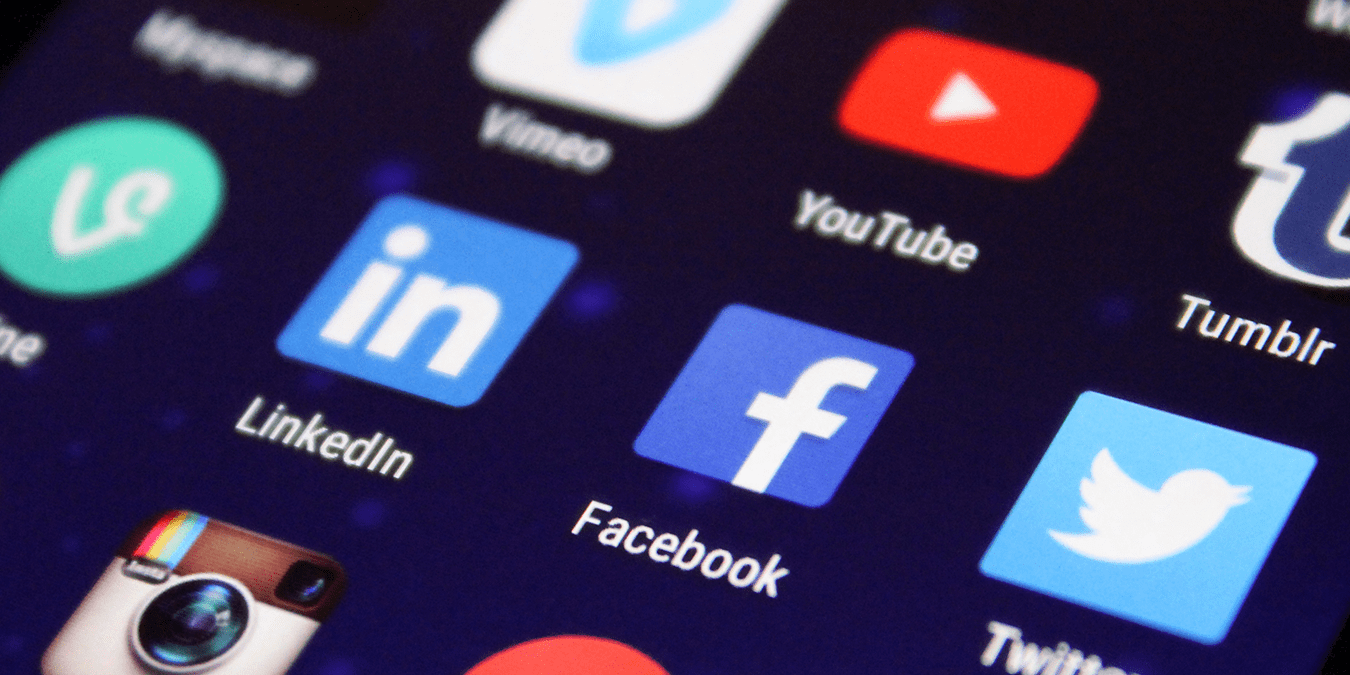
Social media in student life is quite a controversial topic. To form your own opinion on it, you must know about its pros and cons.
Why do we consider pros and cons of social networks? In short, looking at the good and bad sides of social networks gives us some info on how these online spaces affect students’ happiness, friendships, and school. In this article, we’re gonna talk about how social networks and our minds are all connected. We’re gonna check out all the good things, but we’ll also look at the not-so-great implications.
Pros of Social Networks in Student Life
Social networks in student life have so many perks that really make a difference in their education and personal growth.
Getting Tech-Savvy
As students go through social networks, they learn how to be savvy online. Actually, this process is inevitable. In short, they get good at figuring out if something is legit or not, and they also learn how to keep their privacy safe. Aren’t these skills super important in the digital age?
Quick Feedback and Peer Review
Social networks are a cool place for students to get feedback from their friends on their work. It’s pretty awesome because it can totally make their assignments and projects way better. Peer review is all about giving feedback and helping each other get better. It’s like creating a cool vibe where we can all learn and grow together. Also, students can get feedback not only from friends but from professional, such as an essay writer when facing overwhelming academic tasks. It’s also a viable solution for striving to strike a balance between online engagement and effective study habits.
Help with Mental Health
There are networks that have these cool groups all about mental health awareness and support. If students are dealing with anxiety, depression, or stress, they can find some comfort and useful ways to handle it in these communities.
Help in Times of Trouble
Social networks can be super helpful during emergencies or crises. Students can easily ask for help or share important info with their friends, which helps keep them safe and well.
Boosted Motivation and Accountability
Do you often lose motivation? Well, it’s an absolutely natural process. But sharing your academic goals, progress, and achievements with your friends on social media can help you stay motivated and feel more accountable.
Cool Ways to Learn
Social networks are always doing cool stuff to help us learn, like webinars, live Q&A sessions, and virtual workshops. These opportunities really open up students’ minds and get them excited about learning for life.
Better at Figuring Stuff Out
Having chats and arguments on social media helps you get better at thinking critically and solving problems. Students learn how to analyse and come up with solid arguments, which can be super useful in school and beyond.
Cons of Social Networks for Students
Let’s dig into the downsides of social networks in student life.
Social Comparison and Self-Esteem
When students see that their friends are living cooler, more successful, or fancier lives online, it can make them:
- feel not good enough
- have less confidence
- get anxious or sad.
Feeling insecure about our online image is real. We’re always trying to make our lives look as awesome as everyone else’s, or even better. It’s pure social psychology, so nothing is wrong with that. But it’s also a lot of pressure.
Digital Addiction
Digital addiction, or Internet Addiction Disorder (IAD), can happen when you use social networks way too much. Students might end up constantly checking notifications, scrolling through their feeds, or getting caught up in online stuff instead of focusing on other important things in their lives.
This addiction can seriously mess with your head, man. Students might feel super stressed and anxious when they can’t get on their favorite social media sites. Also, being addicted to screens can:
- mess up your sleep
- make it hard to focus
- make it tough to do well at university.
Privacy Issues
Privacy concerns on social networks are all about the possibility of your personal info being out there for everyone to see. Students might not even realise it, but they could totally spill the beans on some private stuff about themselves. Some shady people could totally take advantage of that.
Being freaked out about privacy breaches, data theft, or identity theft can seriously stress you out and make you super anxious. Students might feel kinda vulnerable, always stressing about their info getting used in the wrong way. This whole feeling of being insecure can really mess with their mental well-being and make them doubt those online platforms.
Procrastination
Social media is so tempting, it can make you procrastinate and mess up your assignments and how you feel in general. Students might find themselves constantly getting distracted from their lessons to check out social media, find a job there or reply to messages, or join in online chats.
Procrastination can lead to missing deadlines, not finishing assignments, and getting lower grades. Dude, when you start slacking on your school stuff, it can really mess with your head. You end up feeling super frustrated, beating yourself up, and getting all anxious. It’s a total bummer.
Final Thoughts
So, let’s sum up everything said above. Basically, social networks have a tonne of benefits. Surprisingly enough, they go way beyond just regular interactions. They help you grow as a person, develop new skills, and keep your mind healthy. Plus, you get to meet different people, ask for help, and make your academic life even better. But students gotta be careful and not go overboard with it. Use it responsibly and not get too obsessed. Otherwise, you will have to face the negative consequences of your behavior.
Was this news helpful?






 Yes, great stuff!
Yes, great stuff! I’m not sure
I’m not sure No, doesn’t relate
No, doesn’t relate



